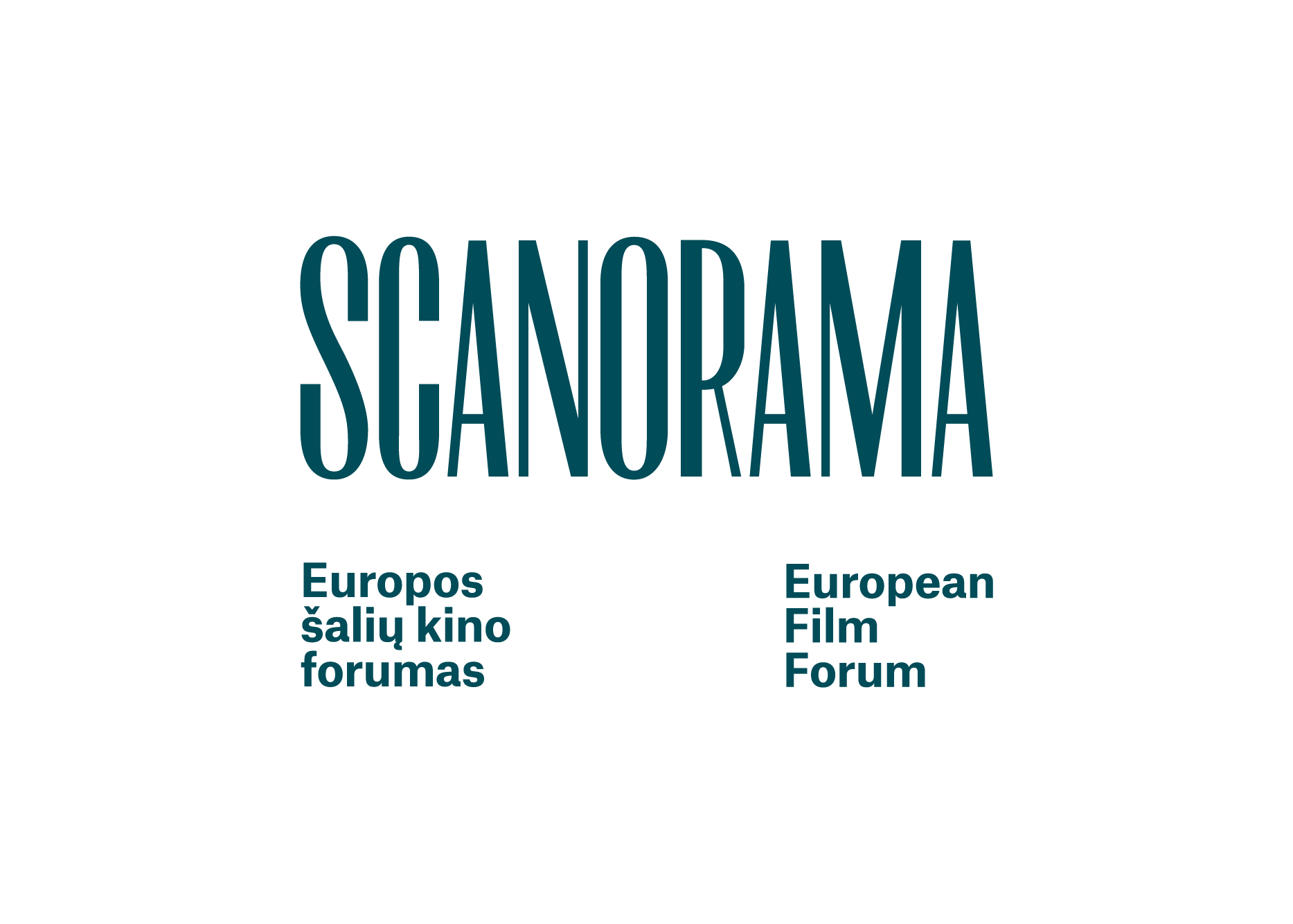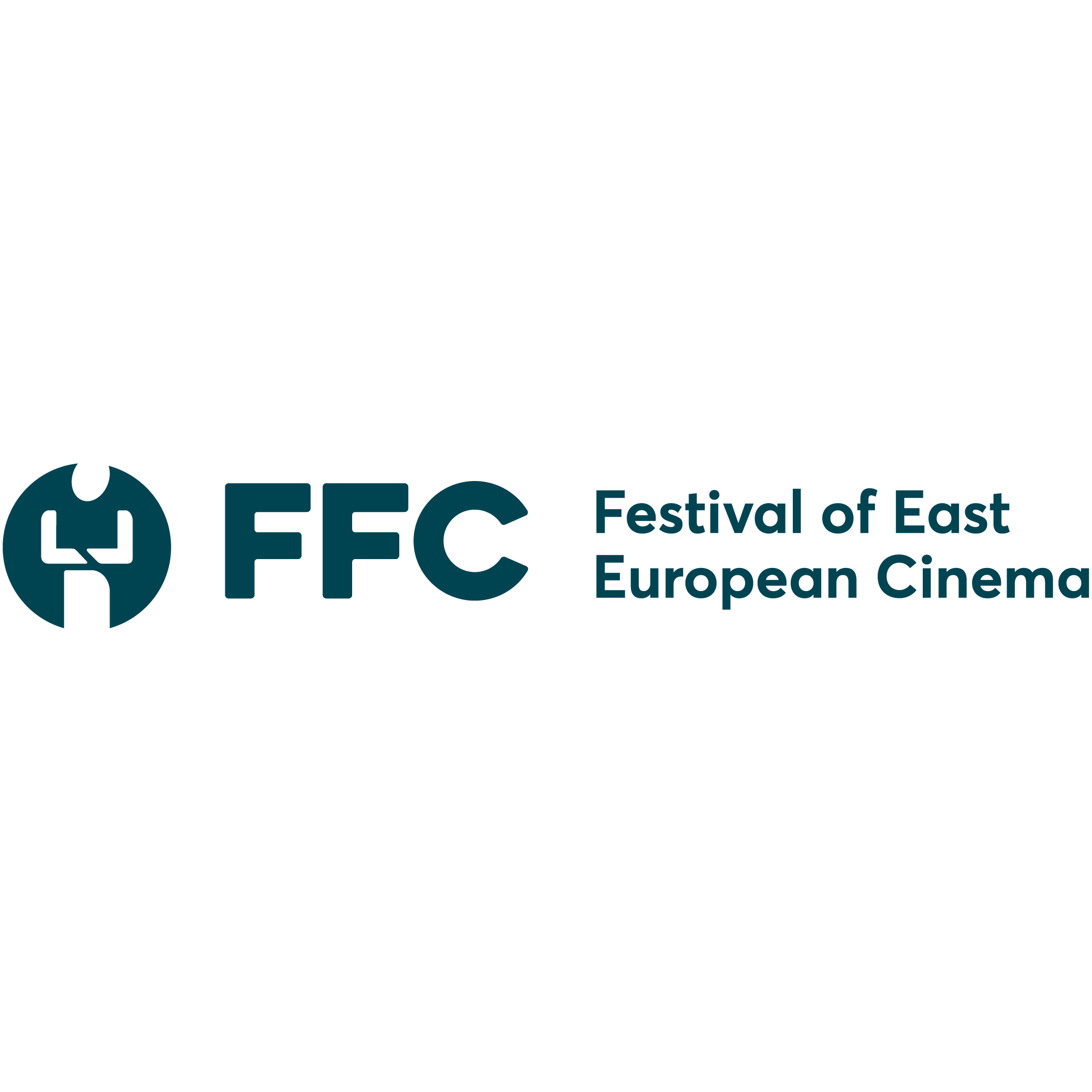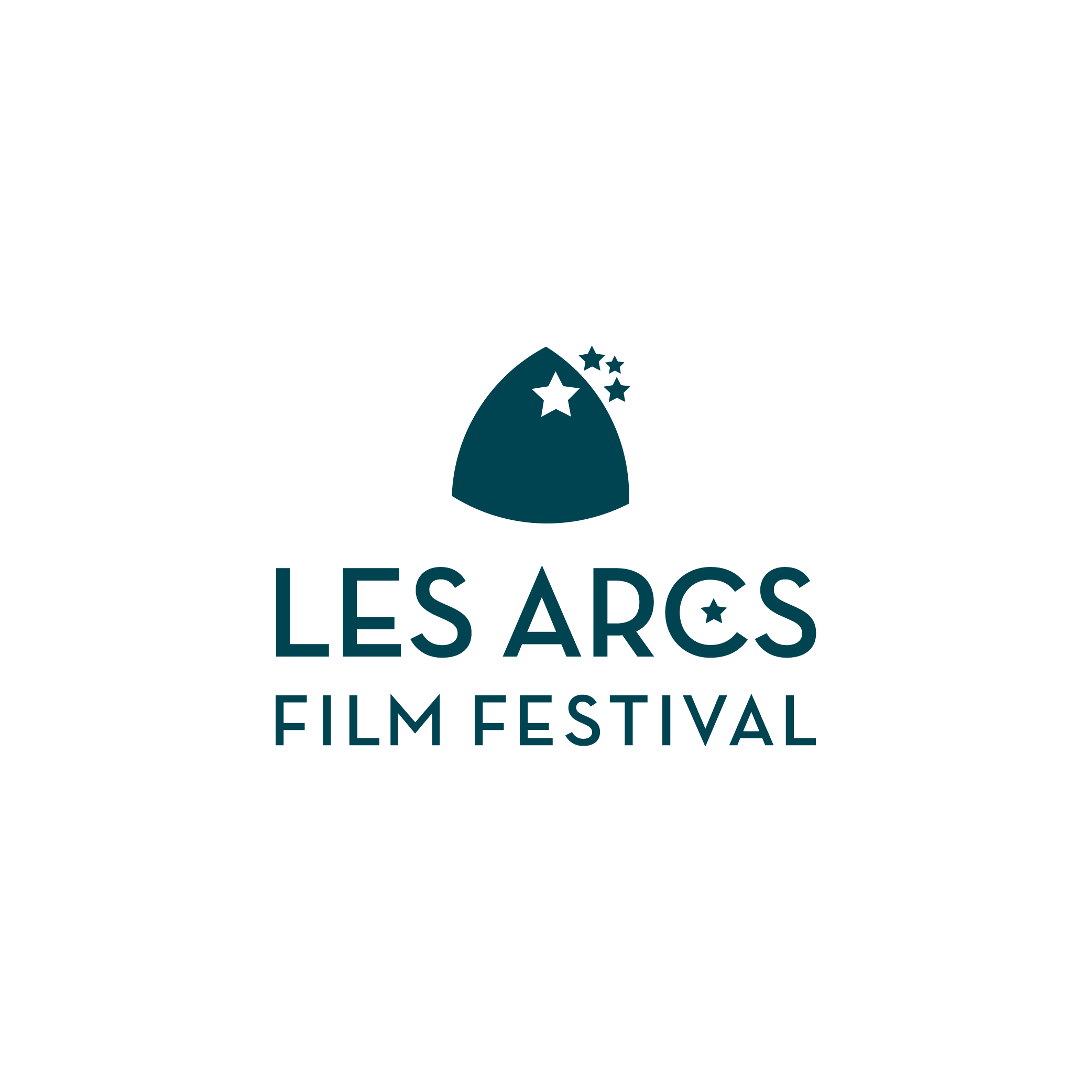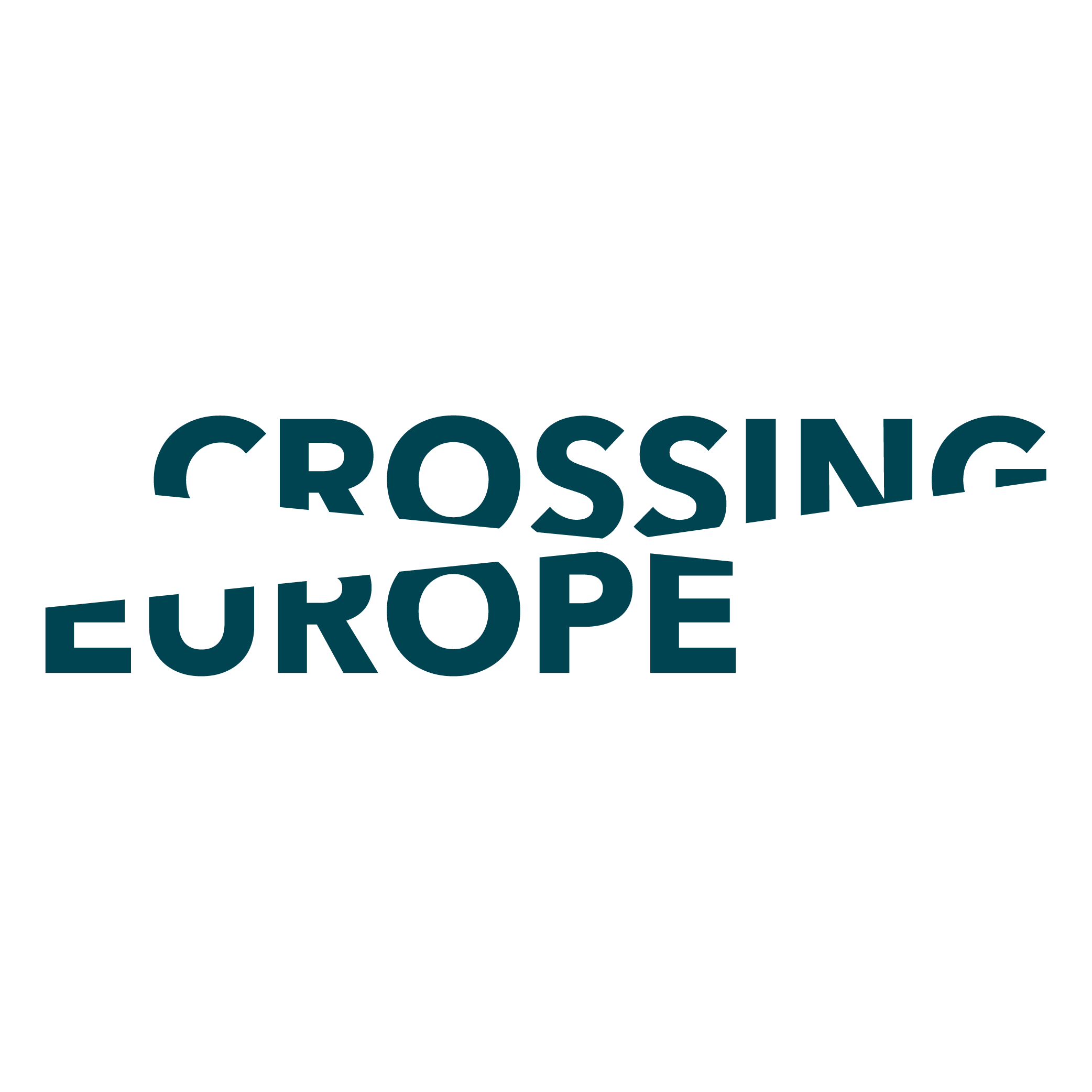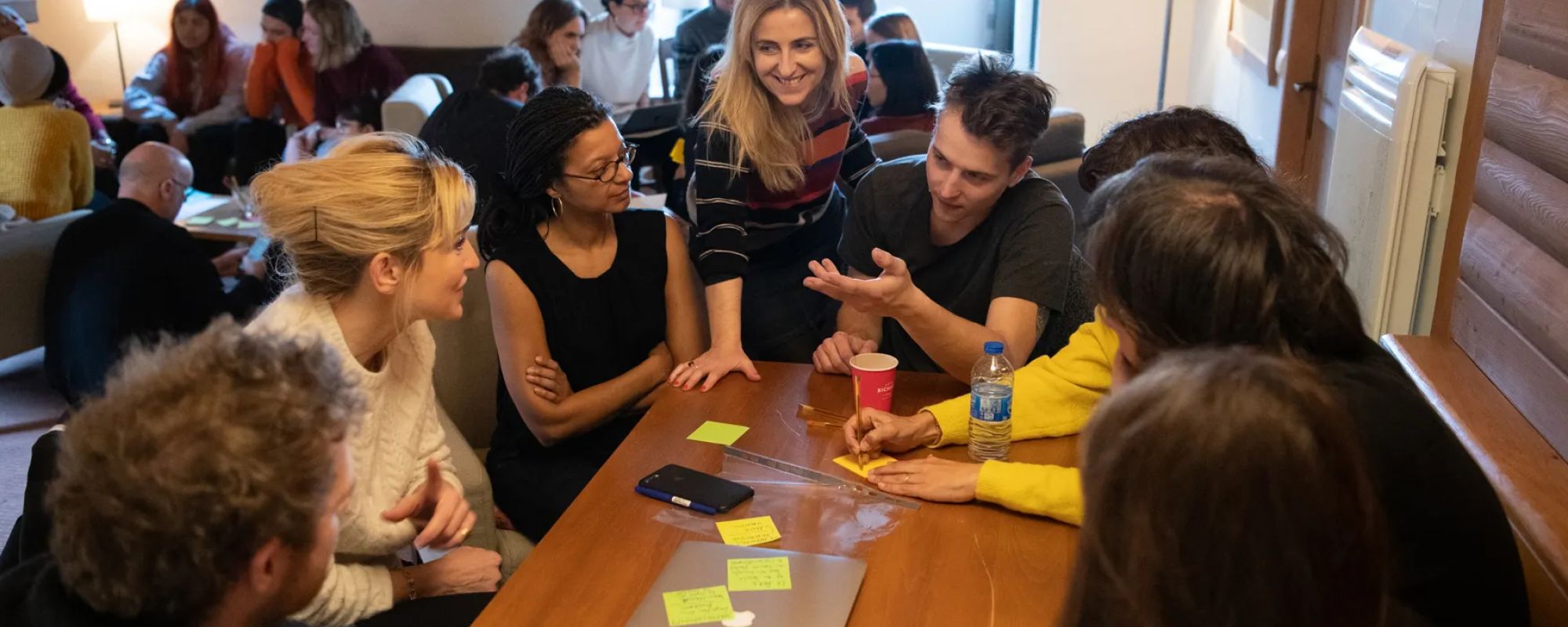
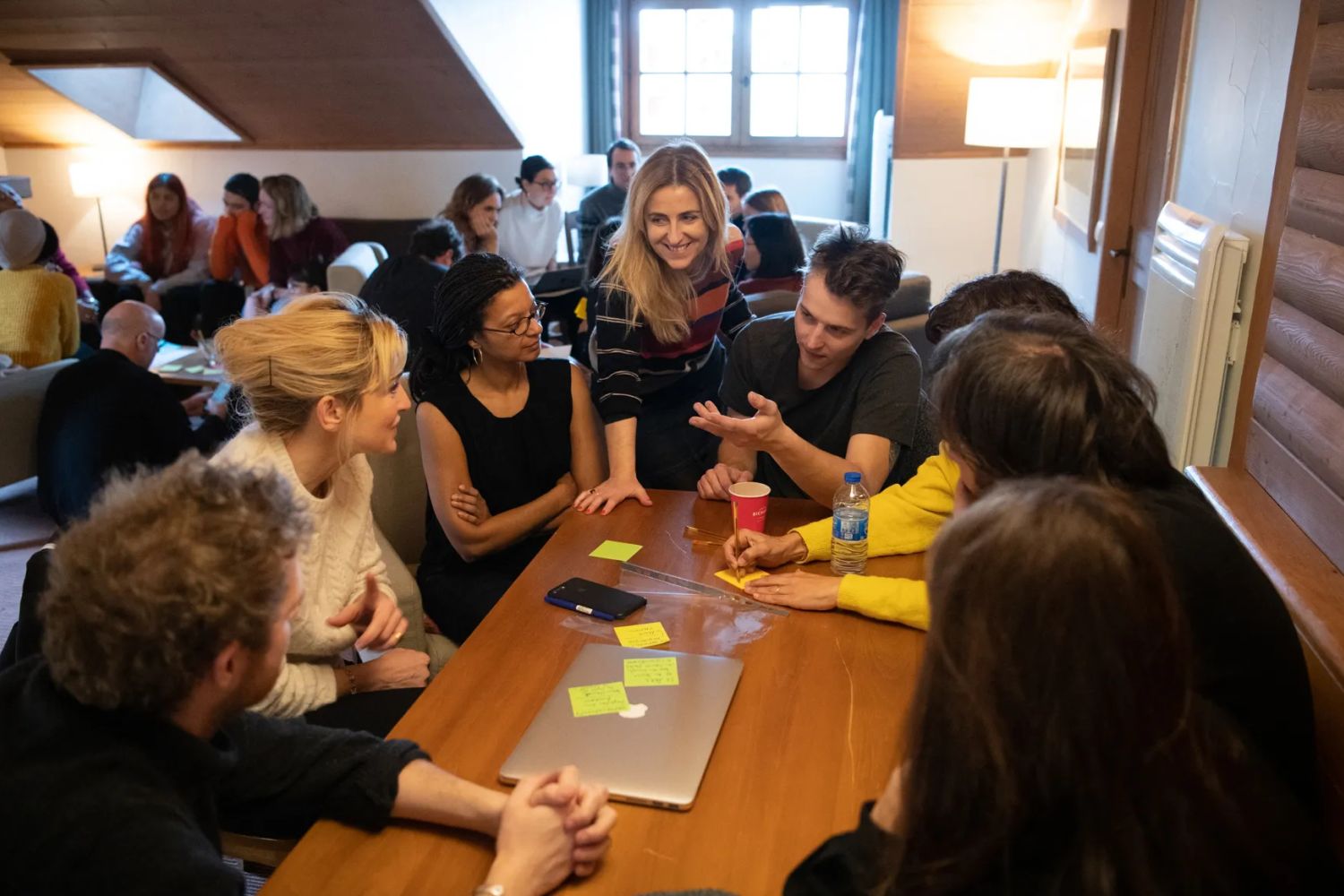
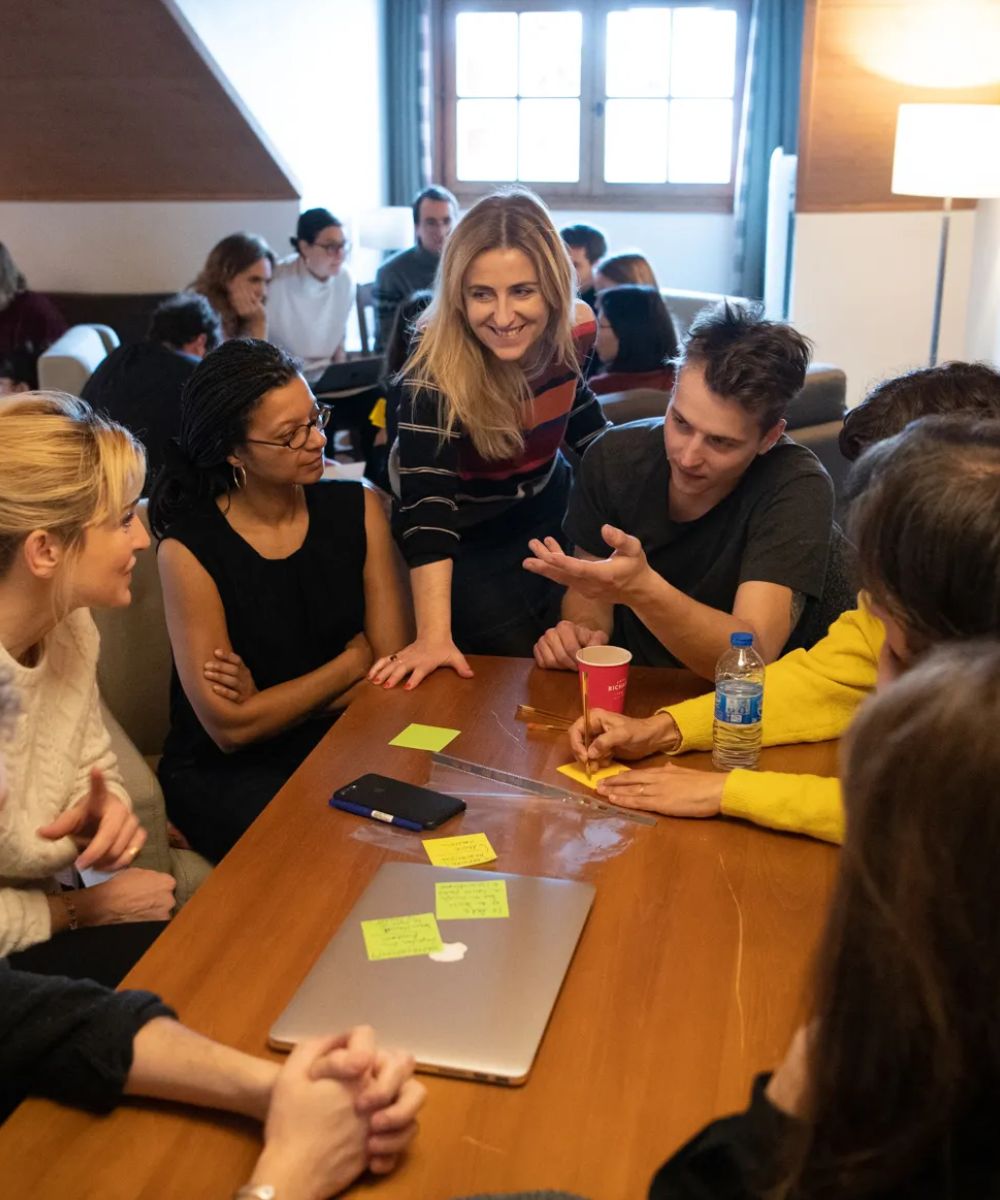
03
24
NEWS
Study | The Lab Femmes de Cinéma
Lab Femmes de Cinéma: At This Pace, the Gender Parity in Cinema Will Be Achieved in 2080.
The European film industry may achieve gender parity in 2080 at this pace, the 2023 study by the French think tank Lab Femmes de Cinéma reveals. Films directed by women directors currently account for 23% European average, taking into account the number of feature films produced between 2018 and 2023. Results range from the leading 37% in Iceland to the lowest 14% in Bulgaria. MIOB film festivals network translated the extensive study into three more national languages, Italian, Serbian, and Lithuanian, and published the study on its member festivals’ websites to promote gender parity in the film industry in France, Italy, Germany, Austria, Spain, Lithuania, and Serbia.
In the sixth year after #metoo, out of 36 European countries researched, 16 countries in Europe have committed to combating violence in the film industry, 15 European countries have implemented or plan to implement measures to integrate parity into broader research on diversity in the audiovisual sector, 13 European countries use funding applications as a tool to promote parity and diversity, collecting data or raising awareness. Of the 36 national film funds that provided their newest policies for the Lab, 5 have not introduced any gender equality measures yet.
"This study was started in 2016 when there was no European qualitative and quantitative data providing an overview of the female situation in the film industry. Our original aim was to identify the lack of parity at the European level. Today, as well as being an indicator, it is also a very concrete tool that politicians and institutes can use to implement more inclusive measures in the film industry. This study aims – and we are sure it will contribute – to make the sector more inclusive”, commented Fabienne Silvestre, Director and Co-Founder of the Lab Femmes de Cinéma.
10 European countries out of 36 currently are working on unconscious bias to help combat gender stereotypes still present in the workplace in the film industry. The same number tries to help develop career support for female directors. 6 European countries are currently working to support parenthood for women in film, aiming to create a more equal creative environment.
“The glass ceiling for women filmmakers still exists in the European film industry. The study revealed that there is still a reluctance to implement quotas on more equal gender financing in the film industry. Only Spain has recently introduced firm quotas. Austria, Norway, and the UK follow with, so-called, soft quotas that work more as a recommendation. The most gratifying change is seeing that some national film centers have started to work on unconscious bias, the stereotypes leaving women in film behind that we are not aware of as well as supporting parenthood that disproportionately affects women in the industry. However, these initiatives are still rare and most of them have only recently started. At this pace, equality in the film industry is long decades away”, commented Lise Perottet, General Coordinator of the Lab Femmes de Cinéma.
Moving Images – Open Borders (MIOB) film festival network alarms about the stalling situation in the European film industry in the seventh year after #metoo and from today promotes the Lab’s study edition of 2023 and the previous edition of 2022 translation to Italian, Lithuanian, and Serbian languages next to its French and English publishings.
“In the film festivals network, we noted the differences in the national countries in taking the measures to ensure gender balance in the film industry. Though in France many measures are taken to combat sexual violence and sexist behavior and our festival has an extensive sexual violence prevention practice, our colleagues in Austria lead in supporting parenthood and, for instance, the festival in Serbia cannot discuss the current situation of their female filmmakers, because no statistics from the country is officially present. We are encouraging other film festivals and other industry organizations to use the translations of the study and its English version to help us spread the best European practices and advocate for more equal and diverse European film culture”, told Guillaume Calop, General Manager and Co-founder of the Les Arcs Film Festival and Co-founder of the Lab Femmes de Cinéma.
MIOB network festivals will feature the study on their websites and promote the findings on their social media platforms to remind that gender parity and diversity issues need more advocating and sharing of best practices at the European level.
Since 2016, the Lab Femmes de Cinéma has been releasing an annual study on the place of women directors in cinema in Europe. Initially qualitative and quantitative, since 2020 it relies on statistics from the European Audiovisual Observatory and focuses exclusively on purely qualitative work. This study aims to present a comprehensive overview of existing measures and policies to promote parity in cinema in Europe, drawing up an annual review of the situation in Europe and compiling a collection of existing best practices to promote inclusion in the cinema.
The study covers more than thirty European countries, to which the lab sends questions each year via national film institutes. The information presented in the study is therefore a synthesis of information sent in previous years, new responses received from the institutes, and additional information found on the institutional websites.
Discover the newest study of 2023:
Study in English
Summary in English
Study in French
Summary in French
Study in Italian
Summary in Italian
Study in Serbian
Summary in Serbian
Study in Lithuanian
Summary in Lithuanian
Press releases - EN, IT, RS, LT

